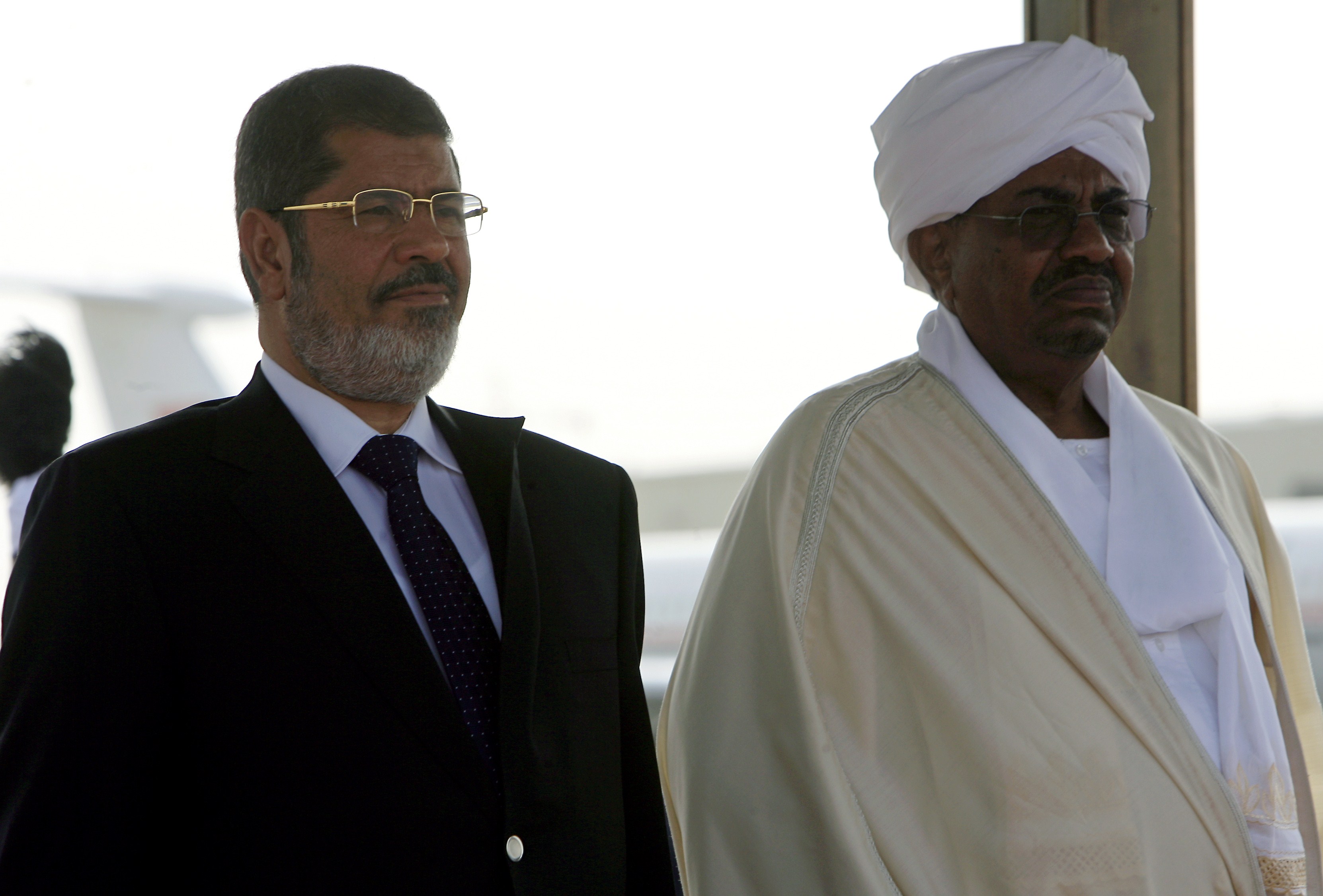CAIRO: The new Rooabet space at the Townhouse Gallery downtown was the venue earlier Tuesday night for a unique and arresting event staged by El-Warsha Theater Company. The evening was composed of a medley of different performances, with songs, poetry and dramatic readings of texts coming together in a collage informed by recent events in Lebanon.
The evening began, aptly, with a rendition of poet Ziad Rahbani’s tribute to the Lebanese resistance “Haydi bas tahiyyeh (This is but a Salute), which also served as the title for the performance as a whole. All the songs in the show were rendered by the troupe as an ensemble, with members of the troupe taking turns leading the singing.
The other musical elements of the evening varied in tone, ranging from the more somber, including a Mahmoud Darwish poem about the loss of a young girl, to more lively, satirical pieces.
Amongst the other readings was Riham Shebl’s powerful rendition of the diaries kept by Rasha Salti during the Israeli attack on Lebanon. Shebl performed the piece on August 20 as part of the Li-Beirut solidarity campaign at the CIC, and was then invited by El-Warsha’s artistic director Hasan El-Geretly to restage it with the troupe.
In the diaries, Salti speaks of her “struggle with the moment and her confusion of how to react to the onslaught on her country. Her mood is one of fatigue, of having “no more fight left in her. And yet, when the opportunity comes to leave the country (Salti holds a Canadian passport), she chooses to stay in her own act of resistance.
In a similar vein are the letters of Rachel Corrie, translated by the troupe into colloquial Egyptian Arabic. Corrie was an American peace activist who was run over and killed by an Israeli bulldozer while trying to protect a house in Gaza from demolition.
Her letters to her mother are full of anger at the treatment meted out to the Palestinians, but also inspired by that people’s capacity to endure. The translation has been wonderfully executed; “it’s as if you’re listening to her in front of you speaking, says El-Geretly.
In the style of the company’s previous “Nights, the evening had a much more intimate atmosphere than that of a play. Some of the audience sat on the floor in front of the troupe, while all present enthusiastically joined in the patriotic folk songs that closed the show.
“The Nights have always been important to us as a company, says El-Geretly, “both to test new material and to expose new trainees to the public. Three of the company’s new trainees performed in the show.
Performer Lana Mushtaq explained how this was fully in keeping with El-Warsha’s unique philosophy, “We don’t perform, we interact. We don’t ever put the lights down, for example. I need eye contact with the audience.
She estimates that around two-thirds of the audience was made up of people who regularly attend El-Warsha’s performances. “I saw a lot of friends and familiar faces tonight.
One audience member, May, a regular, says she enjoyed the show, “I loved it, it was very energized and I was very touched by it. There’s an amazing power when they all sing together, and as a whole it was very coordinated and balanced.
Commenting on the process of choosing material for the performances, El-Geretly said, “We discuss material in the group, we look to our past as a group for inspiration; we have a large repertoire of work about the intifada, as an example for this show. And then it’s a matter of collecting, collating, improvising, abandoning.
As for the company’s near future, artistic director El-Geretly says a process of “re-prioritizing is now in motion, with the company seeking to emphasize its work within the community.
“We have always considered art to be a component for development rather than just an instrument to assist it, El-Geretly said.
To this end, the company will soon be touring Egypt, visiting different communities at the request of various local NGOs.
An operetta based on a 1924 text by Badie Khairi, “Ayyam El-‘Izz, is also being prepared and will be performed every day during Ramadan in different locations.
The company’s major long-term project is to produce a piece about the ancient myth of Troy. The piece will use the story as a metaphor.



